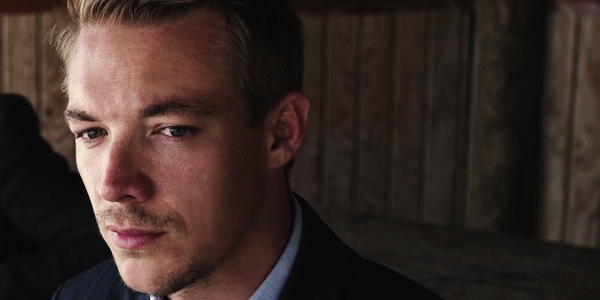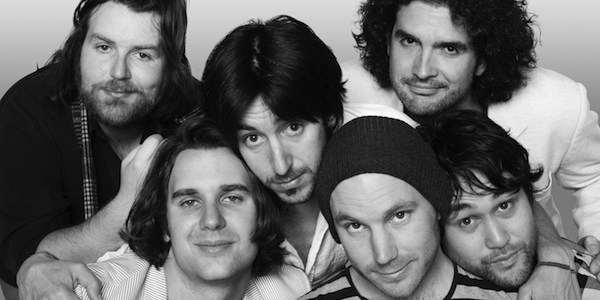Diplo is the definition of multitasker: one of his main gigs is sitting at the helm of super-trendy imprint Mad Decent, host to all manner of artists from a diverse array of genres, including Rusko, The Crookers, Boy 8 Bit and Australia’s own Kito and Reija Lee. They’ve been running since 2006: “We were doing a lot of cool shit, running parties in Philly and New York, developing our style and playing out edits. The SoundCloud thing, too. We thought it’d be cool to put a label together and the first artists we signed, Black Star and Bonde de Role, like five or six years ago now? There’s been a lot of ups and downs and this year’s been our most successful, release-wise, and the block parties, branding and moving up to LA – it’s been really cool.” Despite the incongruity in sound, spanning everything from eardrum-rupturing electro to hard-hitting dubstep, the artists on Mad Decent’s roster all have one thing in common: a devotion to seriously-well produced dance floor fodder. “It’s pretty diverse. It’s like an uphill battle. Like, Dim Mak only makes electro records, or Greensleeves only doing reggae – I feel like kids who like Mad Decent are fans of music in general. It’s about the person – the music’s gotta be great, but they’ve gotta be what Mad Decent’s about.”
There’s serious demand out there for remixing duties by Diplo – take a look at his remix credentials, and it seems that everybody wants a piece of him. Beck, Kanye, Spoon, Radiohead, Justin Timberlake, the Yeah Yeah Yeahs and plenty more have all gotten tunes reworked by the master’s magic touch. “Sometimes it’s hard, sometimes it’s easy. Remixes have got to start with something, and it can be hit and miss – but you can’t do the same thing twice, that’s all I know. I get bored. I listen to like, Afrojack or something and it’s gonna have the same song fifty times in a row, but me I like different shit. Maybe it’s not gonna be as good as your best house record, but I’m interested in doing new shit and making exciting sounds.”
He also moonlights as one half of Major Lazer, his collaborative project with UK-based house maestro Switch. Landing a record deal with Downtown Records before they’d even laid down a single beat, the two headed off to Jamaica with the intent to familiarize themselves as much as possible with the lesser-known subsections of Jamaican dancehall culture. Their resulting take on the scene, an album titled Guns Don’t Kill People… Lazers Do featured everybody from Santigold, Amanda Blank, Nina Sky, Ricky Blaze stepping up to the mic for vocal duties, as well as using input from Jamaican artists they met during the recording process on every track. The result was a massive hit. Kids the world over losing their minds to lead single Pon De Floor (which one reviewer described the tune and accompanying video for as “equally as offensive as watching porn on hallucinogenic substances” – sounds like a party to us!) for all of 2009 and was famously sampled by Beyonce on her own tune Run the World (Girls). Pulling positive reviews from major institutions like the Guardian, notoriously-finicky Pitchfork, NME, and more, Diplo’s pretty upbeat about its reception. “I think everything we do is pretty fresh – there’s no appropriation going on. With Major Lazer, we’re using reggae artists, but we’re doing something completely new. Just like when we do dubstep records – Rusko doesn’t sound like all the others, everything Mad Decent does is something new.”
Not to mention his efforts in establishing Australian not-for-profit organization Heaps Decent, an initiative dedicated to engaging and nurturing the creativity of underprivileged and Indigenous youth, and emerging artists. Running music programs at locations including schools, juvenile justice centres, drop-in centres and studios and organising arts projects with partners like Shopfront Contemporary Arts and Performance, the Sydney Opera House and the Department of Juvenile Justice, the program has been universally branded a success by its participants and those watching on, in engaging with and encouraging otherwise-disconntected Australian youth, who often experience multiple disadvantages growing up who may have otherwise lost their way in the world. “Music is an attractive way to learn and do stuff, it’s a first step. Sometimes it’s hard to raise awareness or interest, but if you’re talking to people through music, it’s like, people define their lives through it. It’s easy for people to be in touch with it.

